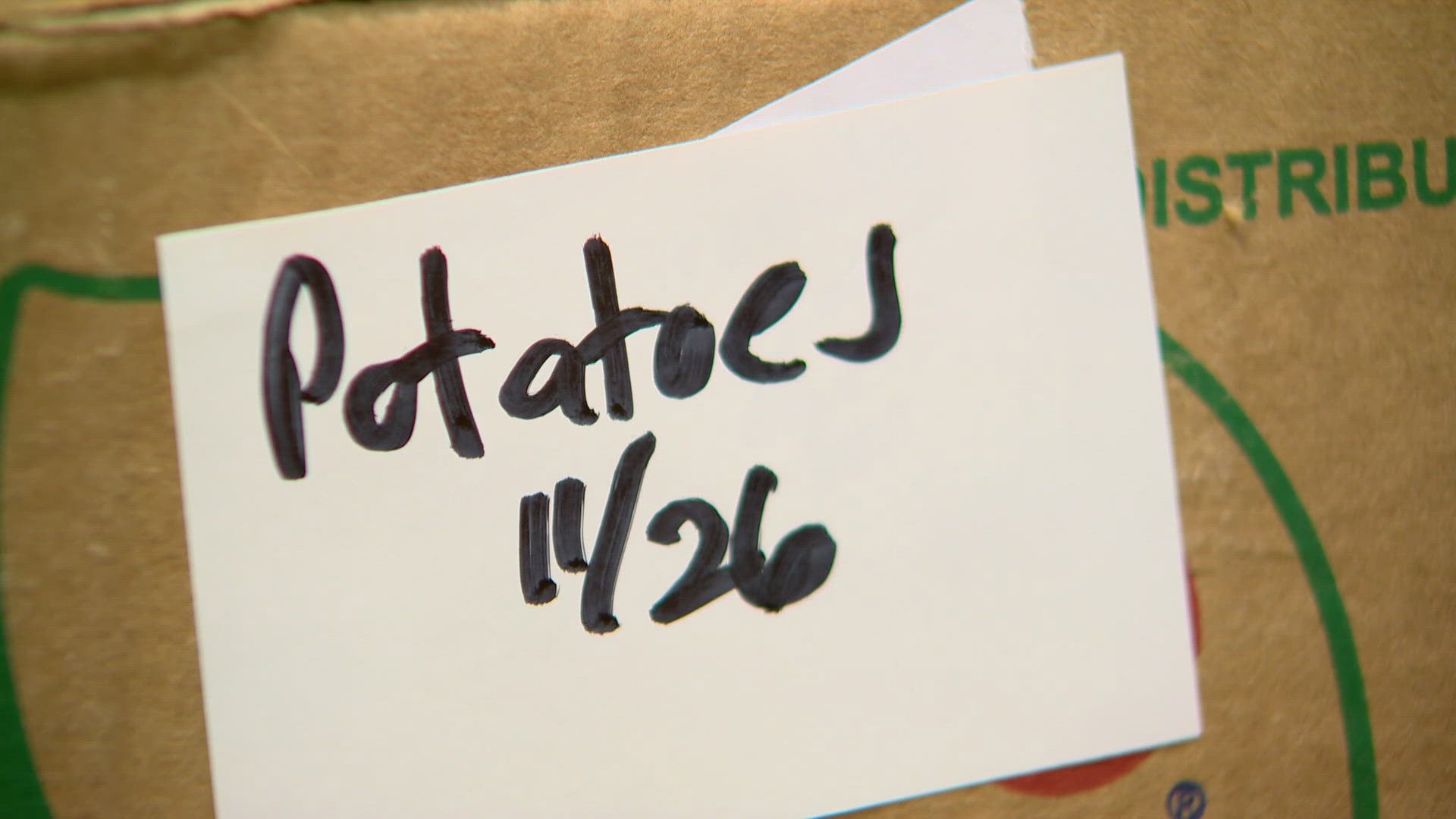Two recent sexual assault investigations are bringing attention to another crime: Sharing images of those crimes on a phone or other mobile device.
There's a relatively new state law not many are aware of about sharing intimate images, but kids are learning it in school.
In Michael Danielson's class, students get some tough talk about digital citizenship.
"A girl was assaulted, and they posted some stuff on Instagram or Snapchat. Raise your hand if you heard about this story at all," Danielson asked his class.
His freshman class at Seattle Preparatory School are learning to think before they post.
"You can't post anything you wouldn't want a college coach to see," one student said during the discussion.
Making a mistake isn't just painful for the victim, it can get perpetrator in trouble with the law.
In the last two weeks, two cases are bringing the consequences to light. UW Police are investigating members of the men's crew team for sexual assault and circulating an explicit video of the victim.
And on the Eastside, police seized the phones from a group of teenagers including Bellevue High School athletes after an alleged rape of an eighth grader at a house party.
In both cases, according to court documents, the victims were unaware of the cell phone images.
"I've seen victims that are so caught up in this that they don't know what to do," said King County senior deputy prosecutor Gary Ernsdorff.
He helped write the state law passed two years ago.
"Publishing, transmitting, transferring an intimate image without that person's consent is criminalized under this statute," Ernsdorff said.
Disclosing intimate images is a gross misdemeanor in Washington state, punishable by up to a year in jail and a $5,000 fine.
If the person depicted in the photo is a minor, sharing it could be prosecuted as the distribution of child porn, which carries a much harsher penalty.
Besides asking teachers and parents to talk with their kids, the prosecutor is also encouraging victims to come forward. He admitted some police agencies are still learning it's a crime.
A valuable lesson to teach teens and young adults is the emotional impact that a single text or click of the mouse could have on a victim.
"I've talked to victims who say, 'I've walked into a classroom and think, how many people have seen my naked body without my permission?'" Ernsdorff said. "The shame and the embarrassment that goes along with that you can't express it enough."


